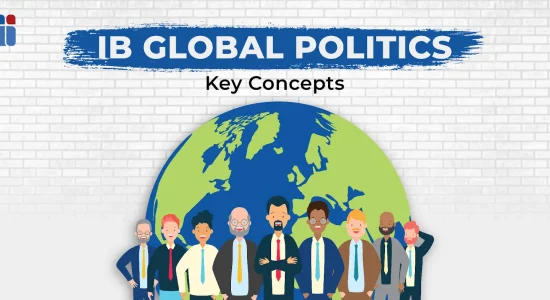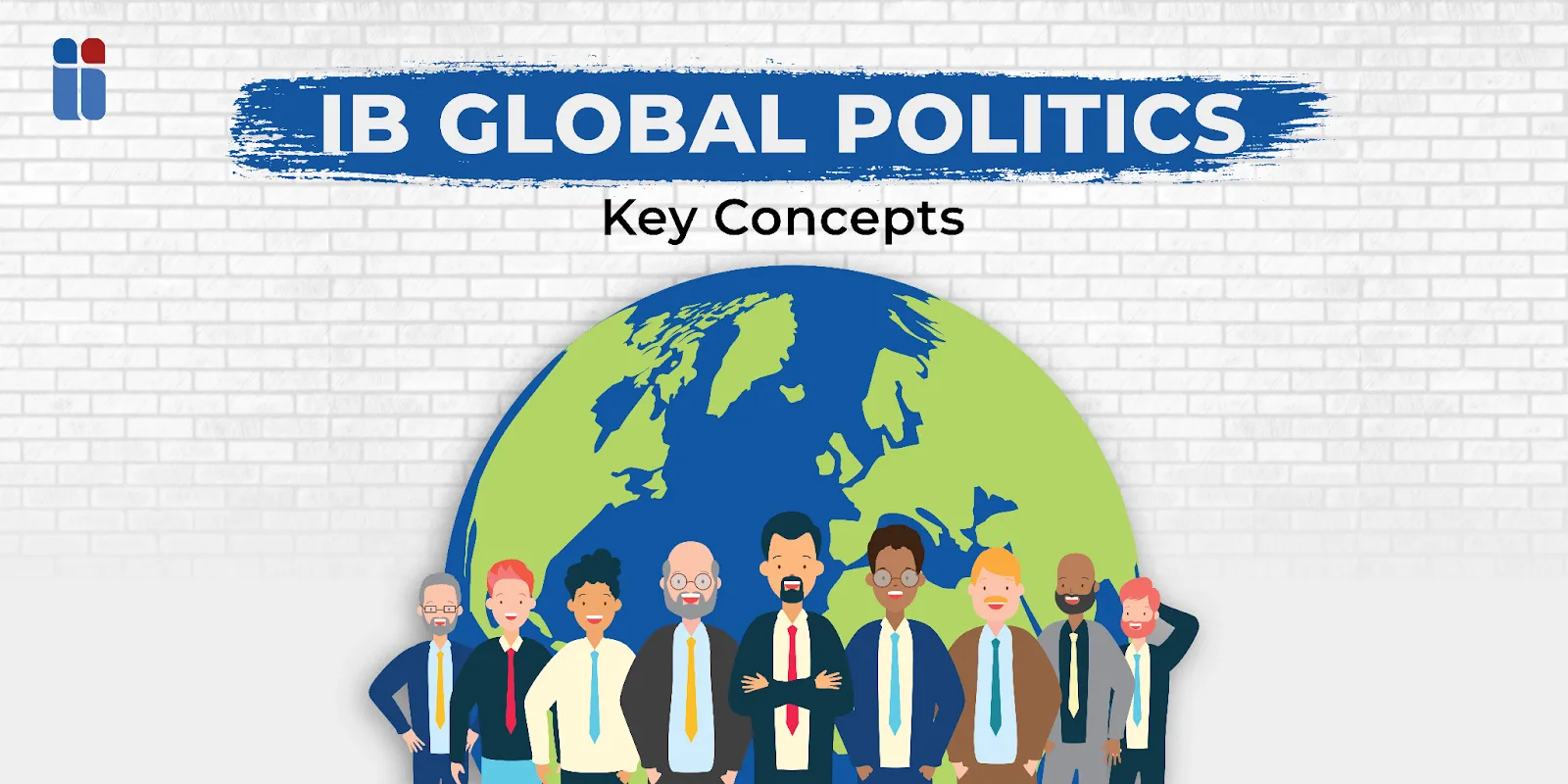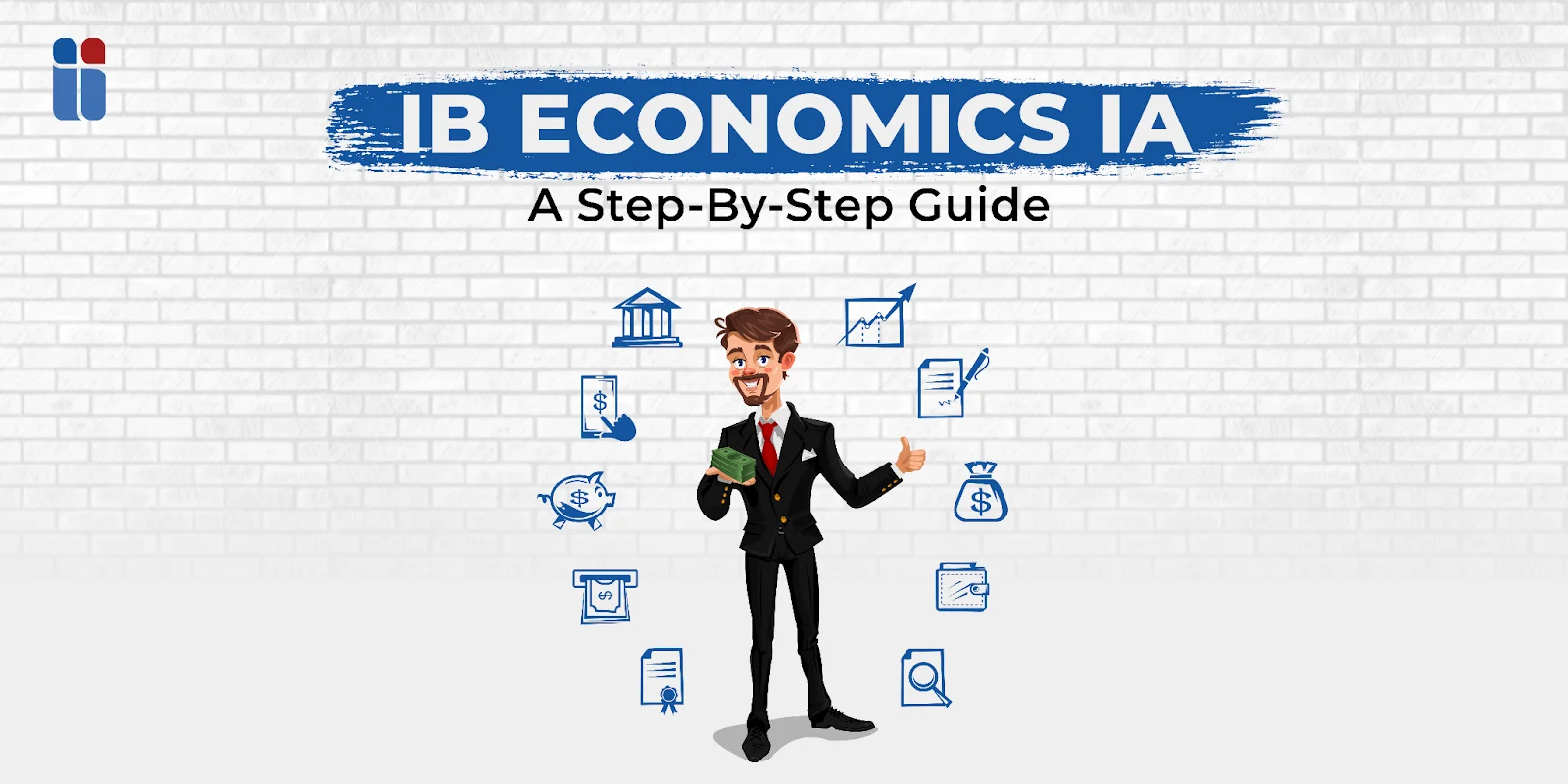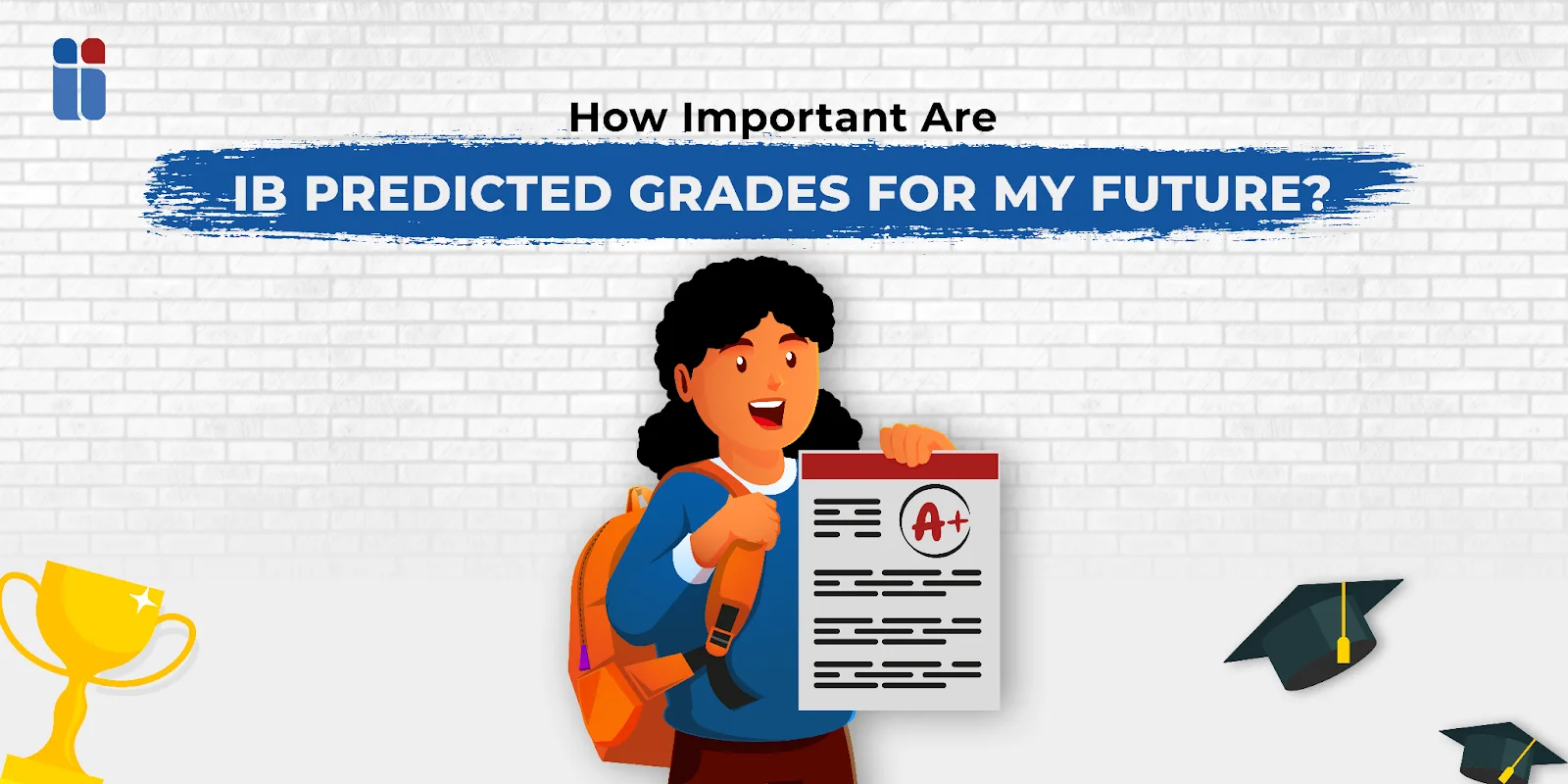Have you ever asked yourself about the ways decisions from hundreds of miles away influence your daily routines? The IB Global Politics course reveals answers to this question along with others through global news documents and current events.
The following will prepare you to undergo IB global politics key concepts such as political relationships and global issues that are studied in the subject.
What is IB Global Politics?
IB Global Politics guides students toward analysing political matters which exist both in local and international contexts. This subject extends beyond political study because it teaches students to understand how forces create our global environment.
At the completion of this course, you will gain the ability to both analyse international news critically and forecast outcomes while developing solutions for major global problems.
Subject Structure
The International Baccalaureate Global Politics course divides its curriculum into multiple essential units which examine distinct global political domains. The course investigates multiple essential global themes starting from power structures and national sovereignty to development issues and peace maintenance.
The practical application of course knowledge takes place through assessments along with debates and case studies.
IB GP Exam Structure
The assessment of your global political knowledge occurs through exams that demand the application of your analytical skills and knowledge retention. These exams include:
- Essay questions
- Case studies
- Comparative analysis
Success in this course requires both thorough expression of theoretical knowledge and the development of persuasive argumentation skills.
What Will You Learn in the End?
When you finish the IB Global Politics course you will possess both analytical and critical thinking abilities. Your understanding will reach a new level regarding worldwide influencing factors and their effects on political stability, economic development and societal change. The acquired knowledge serves both academic purposes and direct relevance to current global conditions.
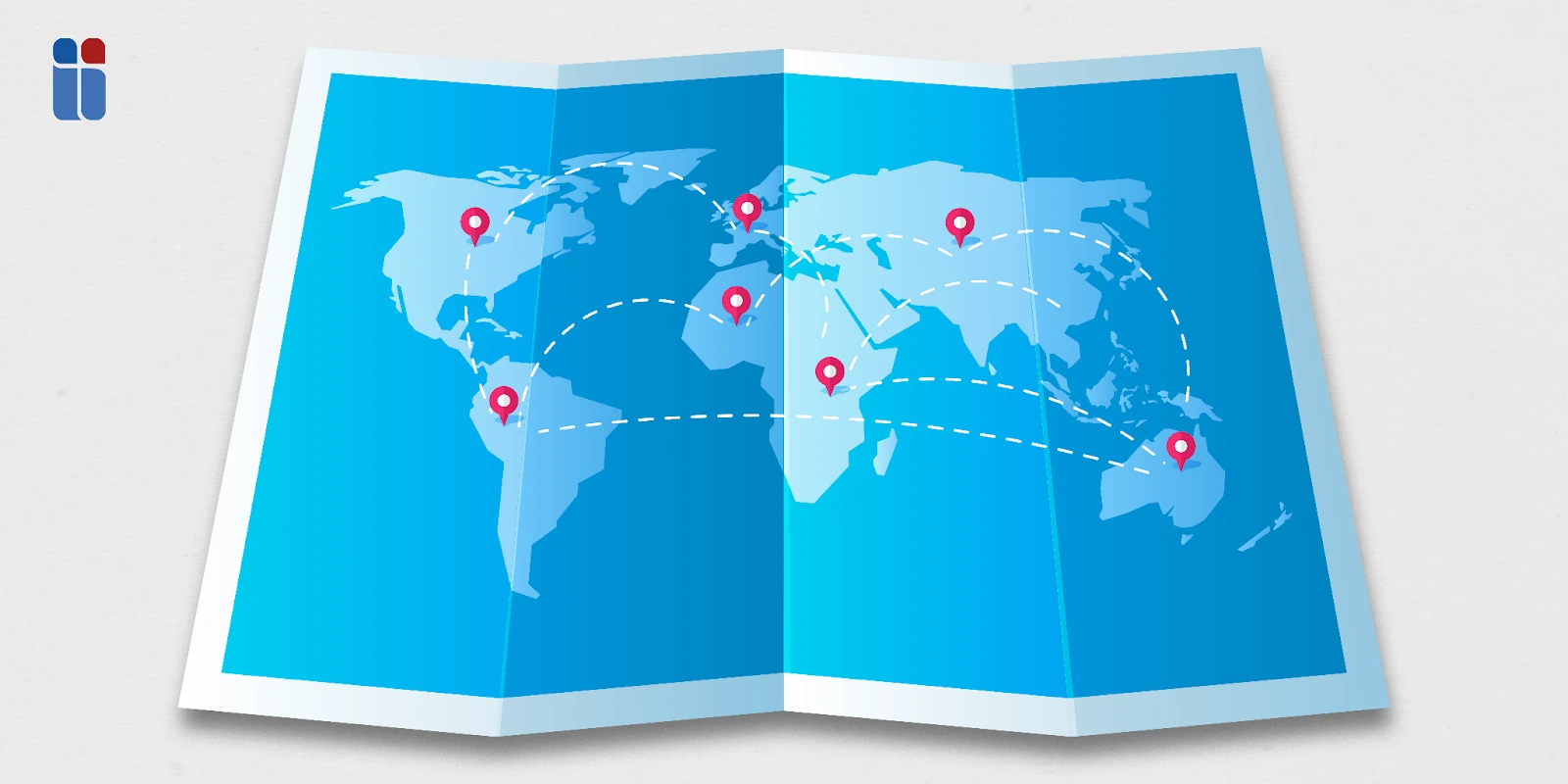
What Are The Key Concepts of IB Global Politics?
Although this subject covers a range of global political topics here are some of the essential concepts you’ve to learn:
Power
Represents the capability to create modifications and this fundamental element dominates international political dynamics. Understanding power remains essential for analysing political activities because states achieve their goals through diplomacy and military strength and economic pressure.
The concept includes both military power as well as cultural influence and diplomatic relations which represent different forms of power.
Sovereignty:
This concept refers to a state’s authority over its territory and its independence from external interference. States face both threats and importance regarding their sovereignty during the current age of globalisation. International trade agreements together with global environmental policies create obstacles for traditional national sovereignty.
Government and Authority
A government gains its authority through what makes its power acceptable to its people. The lawfulness and rightfulness of political power depend on legitimacy which states obtain through democratic processes. International recognition plays a role in determining how effectively a government can exercise its governing powers.
Global Politics is not complete without the discussion of economics. So, do you want to learn about IB Economics? We got you covered!
Global Dependence
The world exists in a state of increased mutual dependence among nations. The cross-dependences between nations exist in economic spheres as well as environmental and security domains thus influencing both trade frameworks and international accords. The globalized world has created interconnected destinies between nations which affect both domestic governance and international diplomatic relations.
Human Rights
Every person possesses rights which people consider belong to them naturally. The discussion of international law and ethical governance requires a fundamental knowledge of human rights. International human rights law bases its structure on these principles which guide worldwide discussions about moral standards and justice.
Equality and Justice
Global politics defines justice through fair distributions of wealth together with opportunities and privileges which exist within societies. As a core idea it requires students to explore worldwide standards of fairness and equality. Discussions primarily examine topics about economic disparities alongside human rights violations and efforts to establish social fairness.
Non-violent Movements:
The non-violence approach stands for advocating rights and justice through peaceful means which exclude physical violence against others. Peaceful demonstrations together with economic sanctions along with civil disobedience form the core elements of this concept.
Non-violence serves two main functions: it exposes injustices to public view and it might create conditions for positive change after conflicts end.
Multilateralism
Organising relations between three or more countries to achieve cooperation on mutual issues constitutes multilateralism. Agreements between three or more nations represent essential tools for resolving global problems including climate change and security threats and international trade because these issues demand collective actions that surpass bilateral partnerships.
Polarity
Polarity in global politics describes the distribution of power within the international system. The concept analyses how different power distributions between countries create unipolar, bipolar and multipolar systems that affect global stability and diplomatic relations and international alliances.
Your 1-on-1 tutor is ready to help you, Join Now!
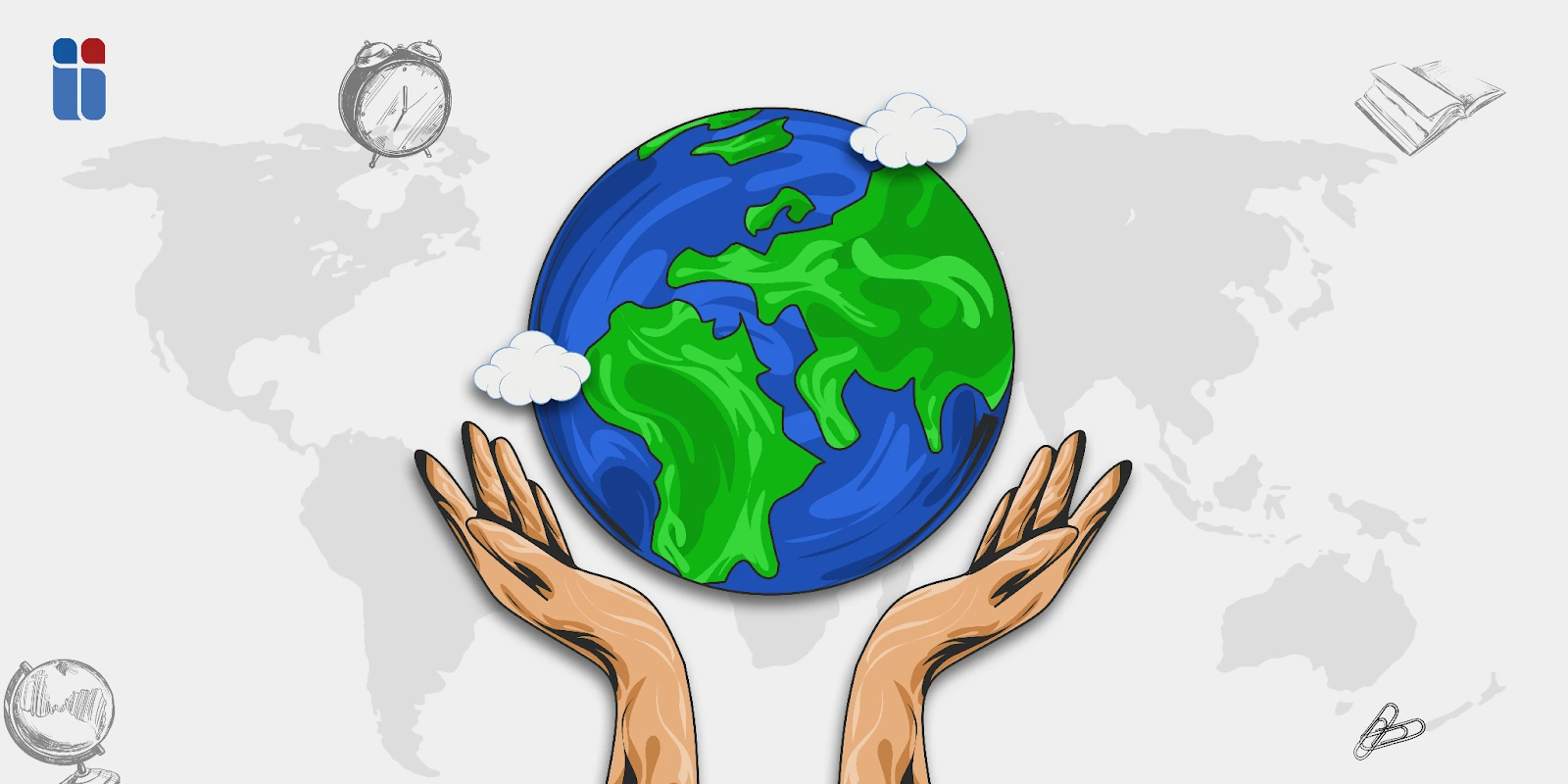
Is IB Global Politics hard?
The level of difficulty in studying IB Global Politics depends on how interested you are in political theories and current events. The curriculum tests students to analyse intricate international matters while providing intellectual rewards to those who deeply wish to comprehend worldwide systems.
Students who want to succeed in this course must maintain an eye on the current and dedicate themselves fully to the coursework.
Studying IB Global Politics Guide
Since we’ve discussed to core concepts of the subject, its time to throw some professional light on the aspect of how to study the IB global politics course. Here’s a quick guide that might support your studies.
Understanding the Curriculum:
The IB Global Politics curriculum bases its analysis of worldwide political matters through a conceptual framework of essential political elements. The educational framework consists of power, sovereignty, legitimacy, human rights and additional concepts which collectively form the foundation of student comprehension in global politics.
The successful completion of this course demands a deep understanding of these concepts because they appear throughout the curriculum while being tested in multiple contexts.
Resources and Preparation:
Students seeking effective preparation should make use of “IB Global Politics PDF” resources which are accessible for their studies. The available resources consist of comprehensive study guides together with previous exam papers and illustrative essays.
These resources give students important information about exam structure and question types that could appear in the assessment. The PDFs provide explanations and discussions about IB global politics key concepts that show students how to use them in real world situations.
Engaging with Materials:
Achieving success in IB Global Politics demands knowledge retention beyond memorisation of facts and theories. Students need to think critically while linking their theoretical knowledge to present-day global events.
Students need to follow international news regularly while analysing its content critically before discussing these topics during class or study group sessions. Students who actively participate in class activities enhance their understanding while developing real-world skills from theoretical concepts.
Practical Application:
Students can participate practically in the course through activities such as debates and model United Nations simulations and collaborative projects. The activities demand students to use their knowledge of IB global politics key concepts by applying them in simulated real-world scenarios which develops essential skills including public speaking, negotiation and cooperation.
Exams and Assessments:
Understanding the course content and ability to analyse global political debates during the IB Global Politics exam. Students encounter exam questions that require them to debate while analysing and providing solutions for global issues which mirror the complex dynamics of actual political environments. Successful argumentation requires students to present their point of view through empirical evidence and theoretical understanding.
Continuous Learning:
Global politics remains in constant evolution so the learning process continues past textbook study. A student’s understanding and performance in the course will improve significantly if they stay updated on new developments while revising their IB global politics PDF materials and consistently engage with key concepts.
Wrapping Up
Understanding these fundamental concepts will enable you to excel in your exams and develop skills needed to understand international political dynamics. Your exploration of IB Global Politics should remain focused on questioning and curiosity while seeking hidden meanings within news stories.
Let’s explore these topics in greater detail now. We can understand global politics by working together. Feel free to contact us for further details. Good luck for the future!
FAQs
What is the required word count for the Internal Assessment in IB Global Politics?
Standard Level requires a 2000-word paper, while Higher Level requires 2400 words, including a policy proposal.
How has the word count for Higher Level (HL) and Standard Level (SL) changed for the Engagement Activity?
The additional 400 words for HL students accommodate the need for policy proposals and deeper analysis.
How should we prepare students for the HL paper in IB Global Politics?
HL students should choose their own topics, conducting thorough research and developing case studies to explore global political challenges.
What are some effective strategies for studying for IB Global Politics exams?
Utilize a variety of study resources including textbooks, past papers, and news articles; practice past papers regularly to improve exam techniques.
Regularly review course materials, engage in class discussions, and apply concepts to current events to deepen understanding.
Regularly review course materials, engage in class discussions, and apply concepts to current events to deepen understanding.
What are the differences in curriculum and assessment between Higher Level and Standard Level in IB Global Politics?
Both levels study the same core units, but HL students additionally analyse two global political challenges and require more in-depth study.



